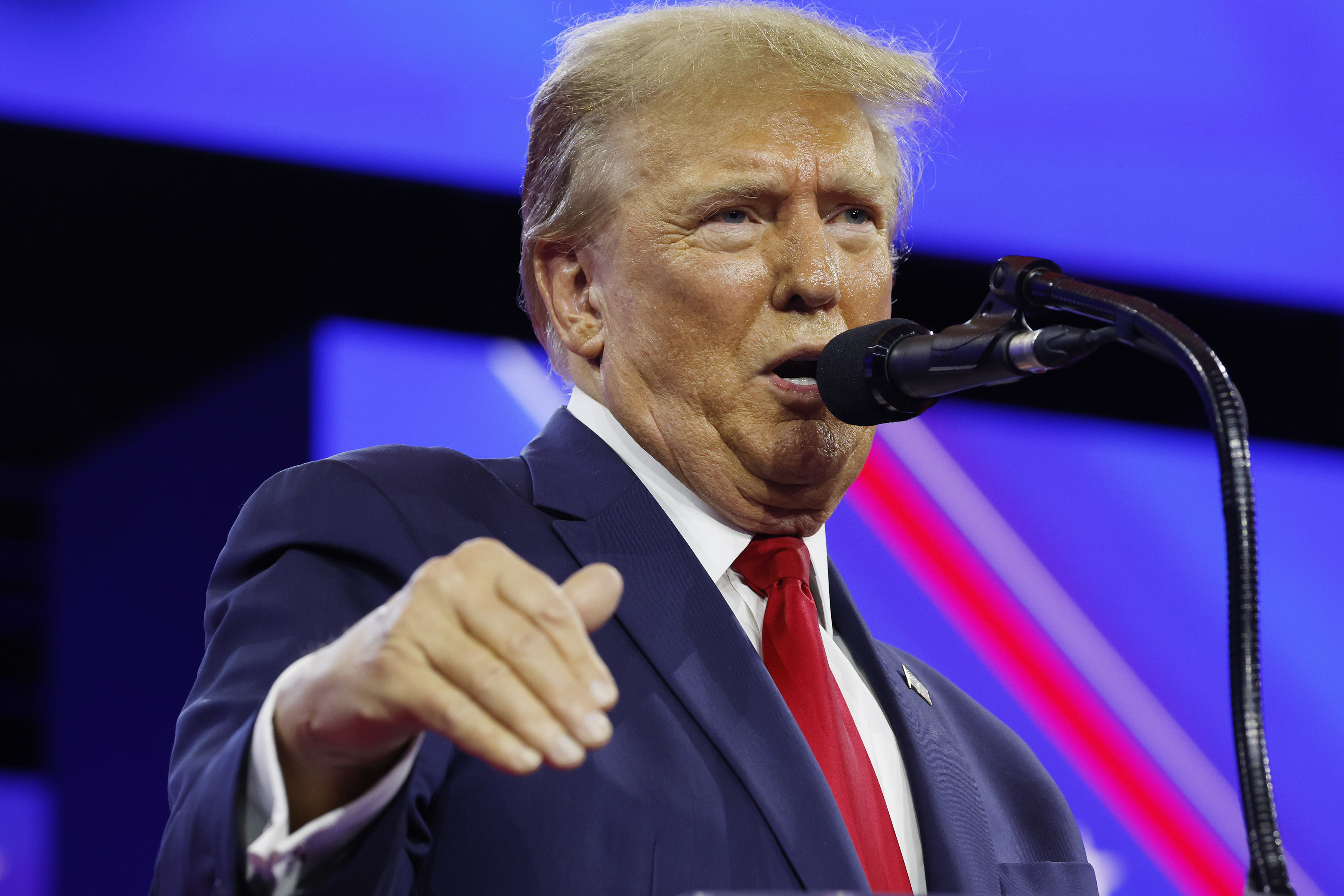While Eskom stumbled, oil and gas activity lit up the skies in 2023

The fog of history tends to obscure the fact that SA has now endured 17 years of load shedding. That’s a monstrous cumulative burden on the economy, not just in lost productivity, but in the hard cap that it places on the economy’s ability to grow.
The load shedding crisis subtracted 1.8% in GDP in 2023 according to the South African Reserve Bank, and a cumulative 15.3% in GDP over the three years to Q1 2023, according to Nova Economics.
ADVERTISEMENT
CONTINUE READING BELOW
South Africa, until recently Africa’s leading economy, has slipped into third place behind Egypt and Nigeria, a process accelerated by its creaky electricity grid.
The load shedding crisis will ease in the months leading up to the 2024 presidential elections, and that should play to the benefit of the ruling party which understands all too well that voters have short-term memories come election day.
The investment in solar systems over the past two years has been one of the big stories for SA.
Solar accounted for an estimated 4 400 megawatts (MW) by June 2023, and is likely much higher now.
Simply stated, the private sector came to Eskom’s rescue and reduced strain on the grid. That trend will continue.
It is hard not to see Eskom being consigned to the fringes of the energy debate in the next decade as its monopoly in power generation is eaten away.
The focus on Eskom’s slide from erstwhile greatness has disguised some astonishing developments elsewhere in the energy sector.
Lighting up the skies
Take a look at the timeline of major developments in the energy sector below. Here are a few notable takeaways: SA’s largely shuttered fuel refining capacity has been granted a reprieve by the decision to restart the Astron Energy Refinery in Cape Town, while PetroSA has partnered with Russia’s Gazprombank to resuscitate its refinery in Mossel Bay.
A year ago we were looking at an almost complete shutdown of the country’s refinery capacity.
BP pulled out of the aviation business in SA, the rumour being that it wanted to distance itself from SA’s soft stance on the Russia-Ukraine war, and Singapore-based Vitol Group acquired 74% of Engen from Malaysia’s Petronas.
Read:
As we predicted a year ago, mergers-and-acquisitions activity in SA’s energy sector has seldom been more vibrant. The exit of oil majors from some parts of their local business provided an opportunity for new investors to step into the breach and reinvigorate the sector.
The events of the past year underscore the fact that SA has an abundance of energy sources, including coal, gas, petroleum products and renewables (solar and wind).
There is also evidence that the country’s energy infrastructure is improving, as shown by the plans to restart and upgrade two major refineries in Cape Town and Mossel Bay.
Some spectacular finds in the region (such as recent onshore gas finds in Mpumalanga and Zimbabwe) can quell energy uncertainty in the region, and a more sober debate about the optimum energy mix for SA appears to be underway. Natural gas is certainly a promising option, given the country’s commitment to reducing its carbon footprint.
Oil and gas resources cannot be ignored, nor shouted down by special interest groups with obvious (and sometimes dubious) financial backing. These are extant resources forming part of a stable value chain created over a century and integrated into an infrastructure that connects the entire planet.
ADVERTISEMENT
CONTINUE READING BELOW
Timeline of activity in 2023
February: Vitol buys majority stake (74%) in Engen from Malaysian shareholder, Petronas. Vitol’s Vivo Energy (acquired in 2022) has more than 2 600 service stations across 23 African countries, while Engen has some 1 300 stations across seven African countries.
February: Africa Energy Indaba, a coming-of-age event for African energy producers eager to showcase the massive onshore and offshore finds that will come into production in the coming years.
March: BP discontinues all aviation business in South Africa, including at airports. The only reason given was conformity to “Air BP’s current global business strategy”, though industry speculation is that the decision stems from the SA government’s soft stance on the Russia-Ukraine war.
April: Glencore’s Astron Energy says it plans to reopen its oil refinery in Cape Town, citing the strong commercial case for the relaunch while other oil majors opted to shutter their refineries rather than invest in upgrades. Engen’s Wentworth Refinery has been shut since 2020 following a fire, Shell and BP discontinued operations at their Sapref refinery, while Natref – owned by Sasol and TotalEnergies – completed a R750 million upgrade increasing its capacity to 108 500 barrels a day. In December 2023 it was announced that the UK’s Prax Group would acquire 36% of the refinery.
April: Sasol and Toyota announce plans to co-create a hydrogen mobility corridor pilot project along the N3 freight route. Toyota South Africa says it may establish a hydrogen refuelling station and sourcing fuel-cell electric trucks.
May: Fracking back on the energy menu. The Petroleum Agency of South Africa (Pasa) announces that at least 10 new onshore blocks will be put on auction for shale gas development in the Karoo region. The auctions are expected to take place in 2024-2025 and are the first of their kind for South Africa in an effort to increase alternative energy sources in the country. Fracking has been put on hold in the Karoo Basin for a decade due to environmental objections.
August: Kinetiko Energy announces a gas find of more than three billion cubic feet in its pilot liquefied natural gas (LNG) project near Secunda in Mpumalanga. This is the largest onshore LNG project in SA and is expected to produce 50MW of equivalent energy, eventually expanding to 500MW.
September: SA’s environmental authorities allow TotalEnergies to drill in Block 5/6/7 off the Cape coast. This was after reviewing and turning down appeals from lobby groups challenging the environmental authorisation granted to the energy giant by the Department of Mineral Resources and Energy in April 2023.
November: Publication of the draft South African National Petroleum Company Bill, which proposes a state-owned national petroleum company incorporating PetroSA, iGas, and the Strategic Fuel Fund (SFF). The company will focus on oil and gas exploration and production, but its remit includes other forms of energy, such as solar and wind.
December: South African Minister of Electricity Kgosientsho Ramokgopa announces plans to procure 2 500MW of new nuclear energy by 2032 or 2033.
December: South Africa picks Russia’s Gazprombank as PetroSA refinery partner to restart its Mossel Bay refinery. PetroSA says it is confident it will not contravene Western sanctions by choosing Gazprombank Africa as preferred investment partner.
Zwelakhe Mabece is CEO of Outflow Petroleum.







